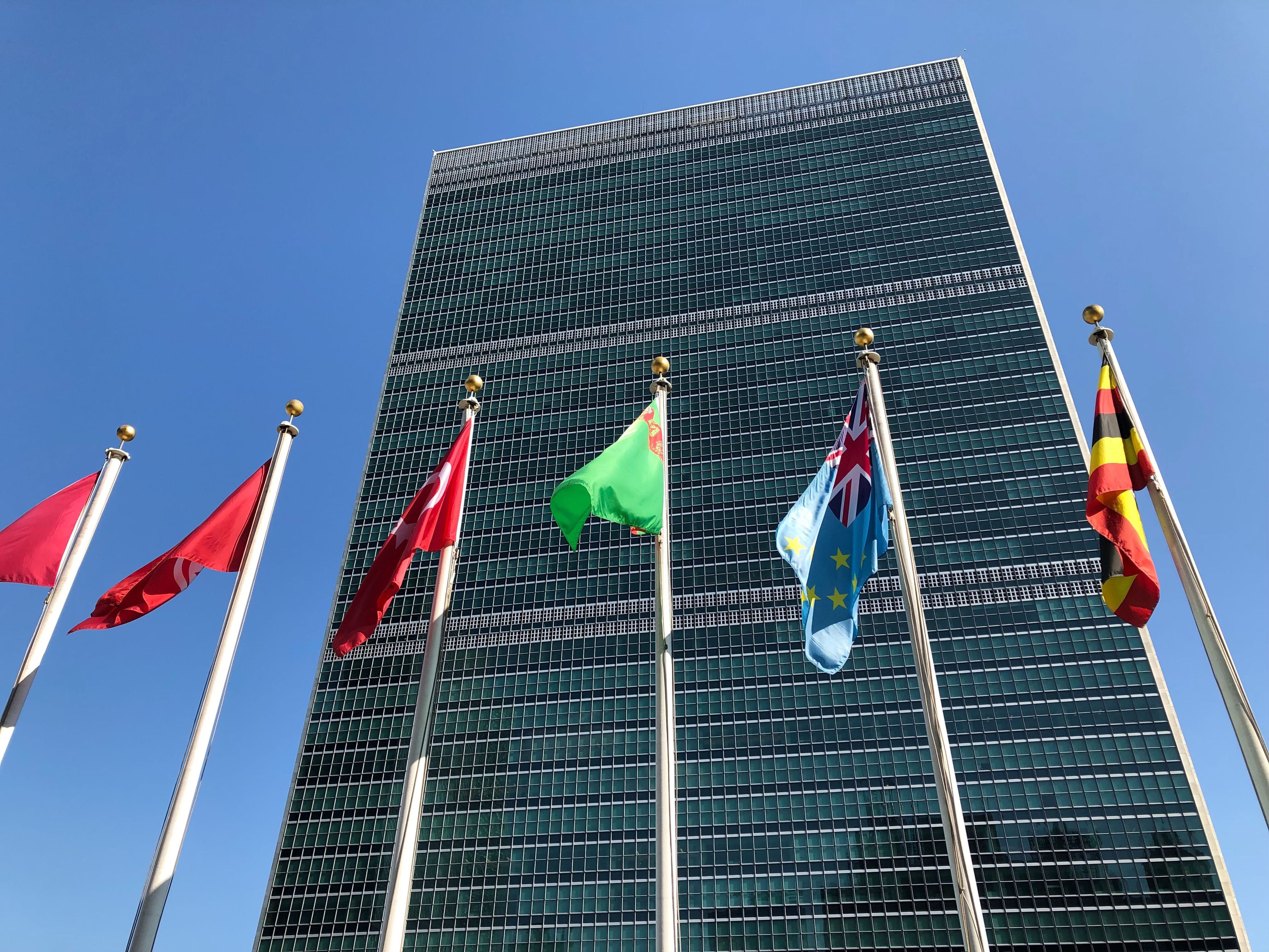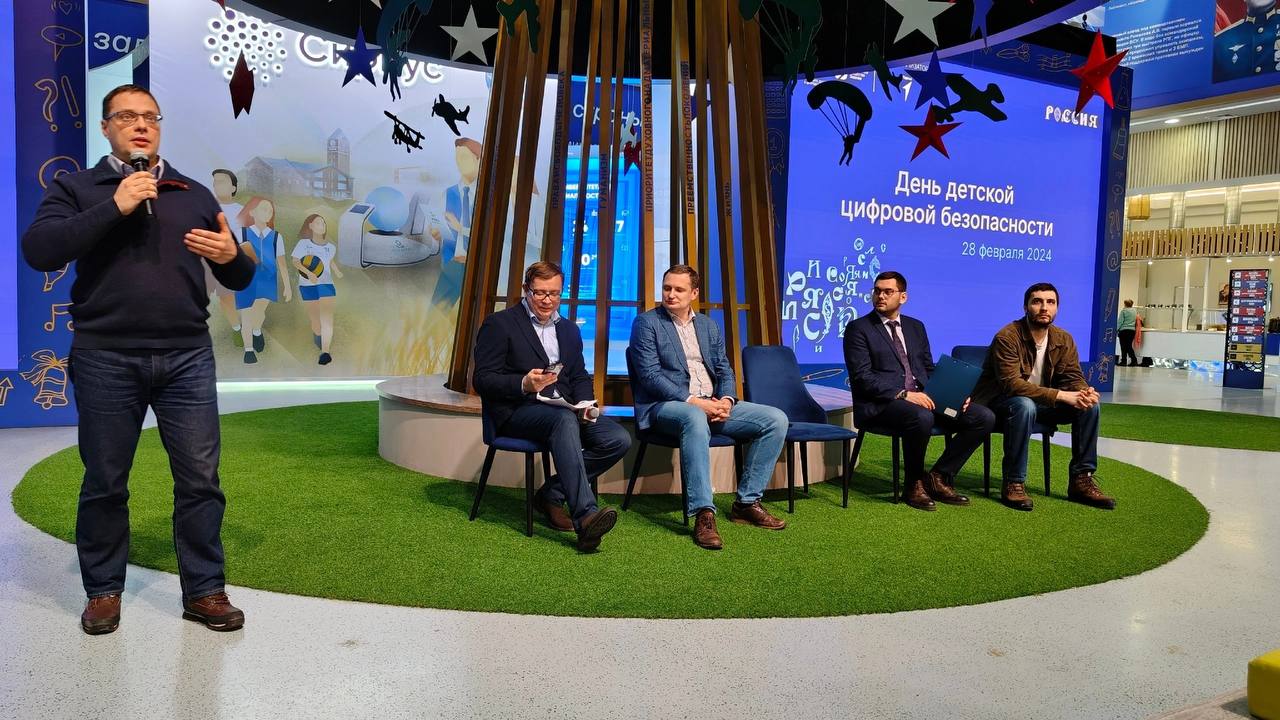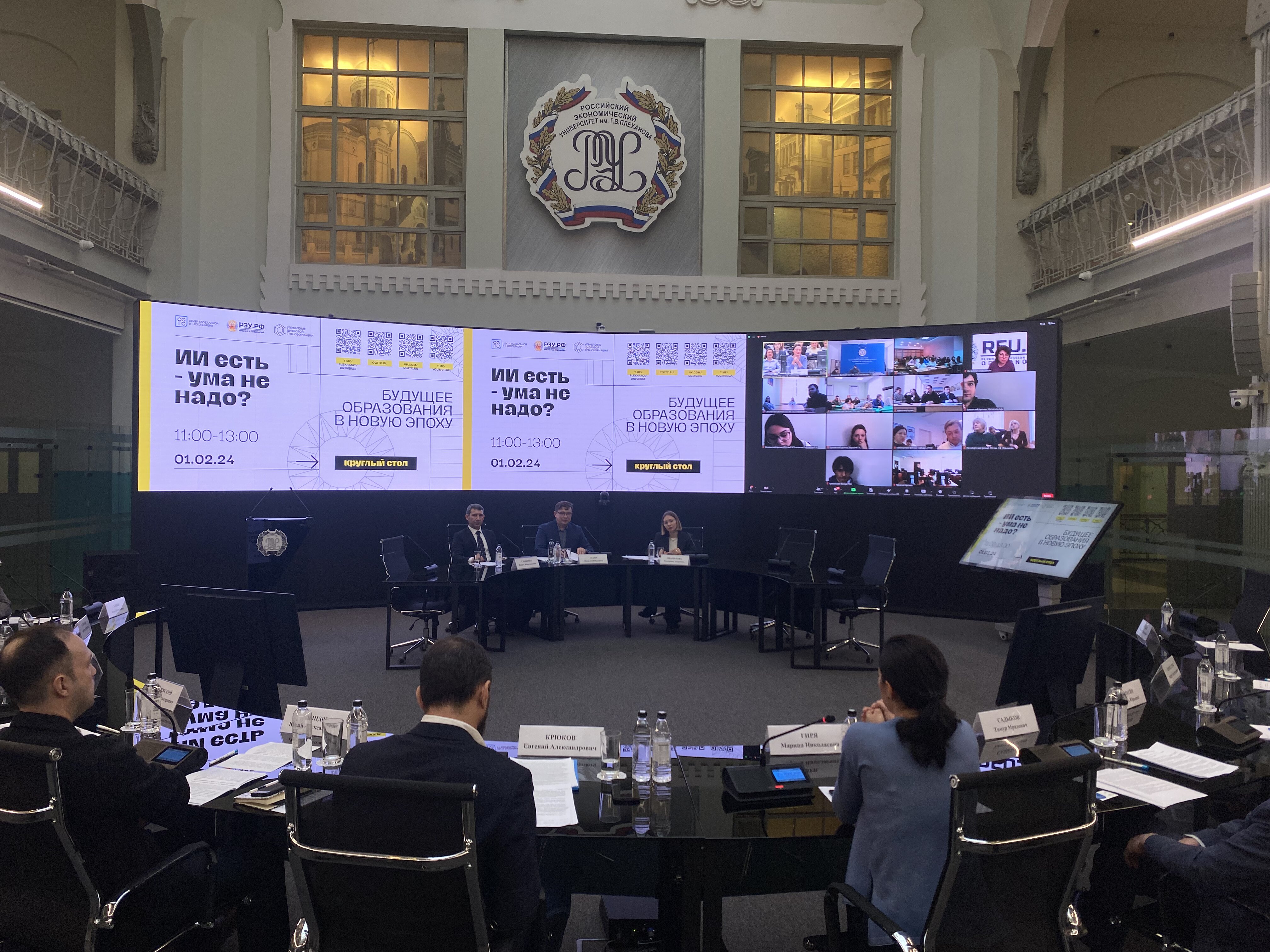“We propose to initiate the creation of norms on digital neutrality during armed conflicts, designed to regulate and determine various aspects of information coverage of such conflicts. This will be a significant step towards stabilizing and strengthening the world community in the context of global digitalization and the development of new technologies,” the document says.
Vedomosti sent a request to the press service of the organization. Modern international humanitarian law does not take into account and does not regulate information wars, although they are often used to misinform not only the parties to the conflict, but the entire world community, ROCIT believes. “The concepts, methods and rules of information warfare are not determined in any legal system of the world. This allows the conflicting parties to freely use any tools and technologies designed to distort the real picture of the world,” the appeal says. As an example, ROCIT cited the incorrect, as the letter says, behaviour of the Ukrainian authorities, who published cruel photographs on official social media accounts. ROCIT notes that with the help of targeted advertising, such content is broadcast to the Russian audience in order to cause “society polarization”.
The organization hopes that its position will be heard by the international community, Sagdatulin told Vedomosti: “Digital platforms and services shape public opinion, so they cannot accept the point of view of one side and must remain neutral.”
The UN itself is not an organization that adopts laws; within its framework, conventions and agreements can be developed that can be taken into account, but not imposed on sovereign states, said Alexander Orlov, a leading researcher at the Institute of International Studies at MGIMO. In his opinion, there is a need to regulate information campaigns, but it will be difficult to reach an agreement on digital neutrality in the current conditions. “It is desirable that there be some kind of global regulation, but now we are in the acute phase of a hybrid war, which is being waged in various forms, including in the information field. In my opinion, this is possible when the situation normalizes, but not when there is no trust between us and the West,” Orlov said.
Since February 24, Facebook has been blocked in Russia, Twitter has been slowed down, and video-based network TikTok has announced a suspension of new content uploads in the country.
https://www.vedomosti.ru/society/articles/2022/03/08/912604-oon-tsifrovoi-neitralitet





